Lady Shares How Her Abusive Ex-Boyfriend Tried To Hold Her Cat Hostage - But She Won In The End
Every home can benefit from having a pet, as they each have their own distinct personality. It's crucial to microchip your pet if you want them to be free to roam around your house.
This is because they may wander off from your home if a door is left open. Yes, you can certainly attach a collar to them with all the pertinent information.
Despite not being the safest option, this is a fantastic idea; however, you should consider the fact that collars can be easily removed. Microchipping is a more secure alternative.
A microchip is a tiny electronic device that contains all of your personal data. This chip has a unique number that can be used to identify your pet.
You must see a veterinarian to get a chip, which they will inject into your pet. Don't worry; anesthesia is not necessary for this procedure because it is painless.
The OP of today's story shared how important it is to microchip your pets. You see, the OP was in an abusive relationship for over two years with a manipulative man who is 21 years older than she is.
He had a cat named Tigger, and they got another one during the course of their relationship. The OP's cat ended up going missing, and her ex couldn't think of any better way to cheer her up than to threaten her.
Read the full story as you scroll down below.
The OP writes

And the story kicks off
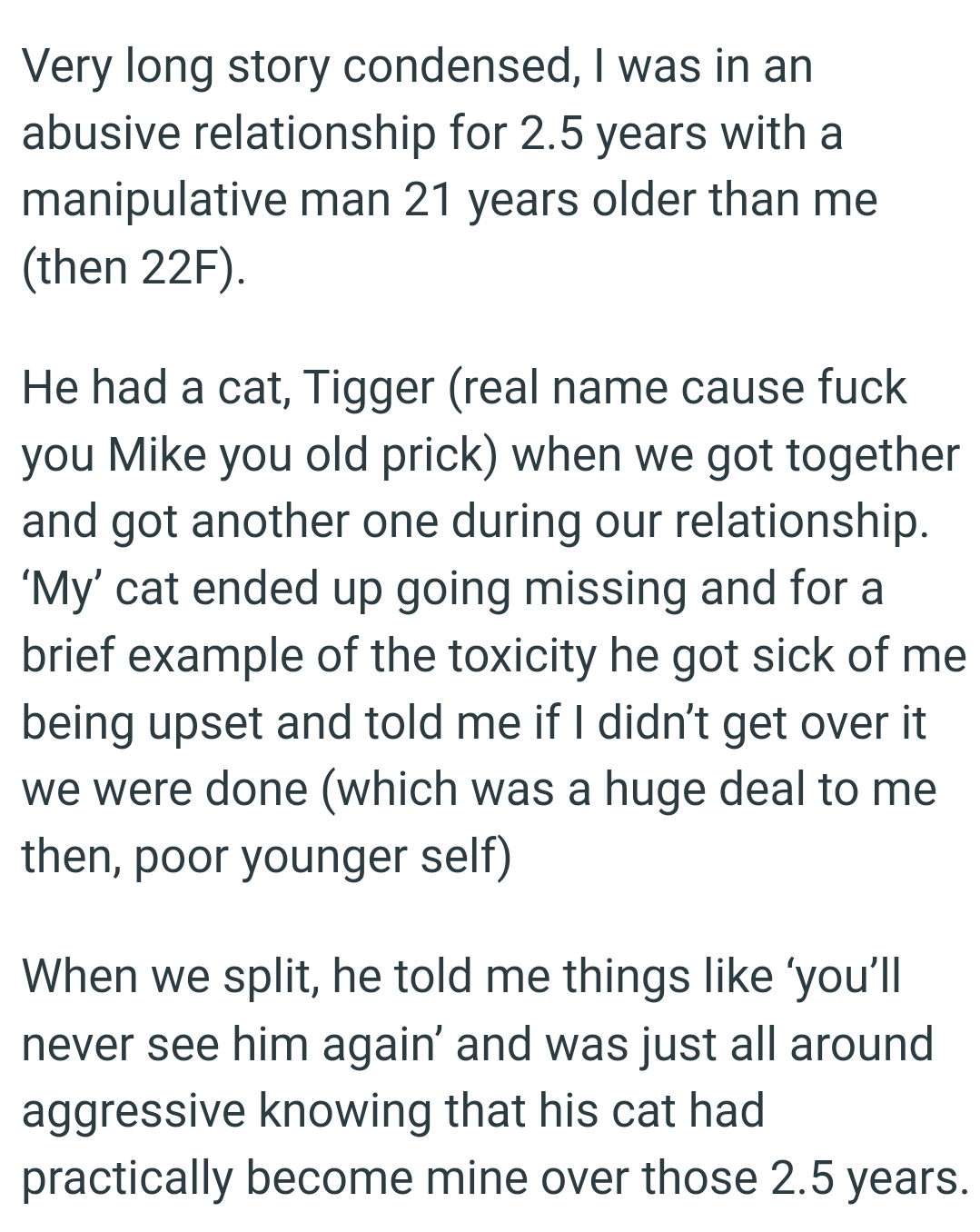
Understanding Abusive Dynamics
Abusive relationships often involve a complex interplay of power and control, where one partner uses manipulation to maintain dominance. According to the Journal of Interpersonal Violence, emotional abuse can be just as damaging as physical abuse, creating long-lasting psychological effects.
Research shows that abusers frequently employ tactics such as isolation and intimidation to undermine their partner's sense of autonomy and safety.
A very tearful meeting with the cat
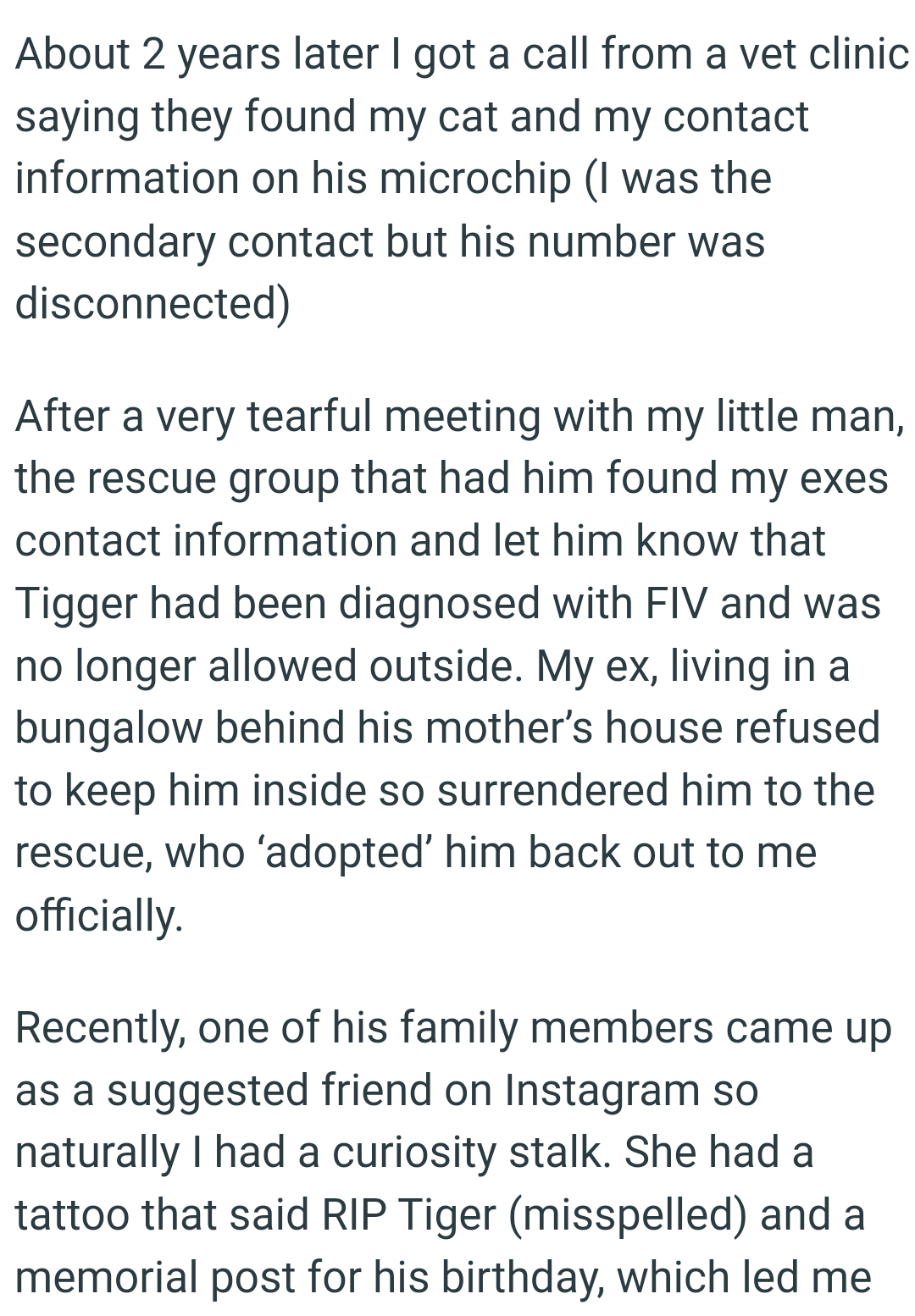
The OP accidentally liked the relative's photo of the tattoo
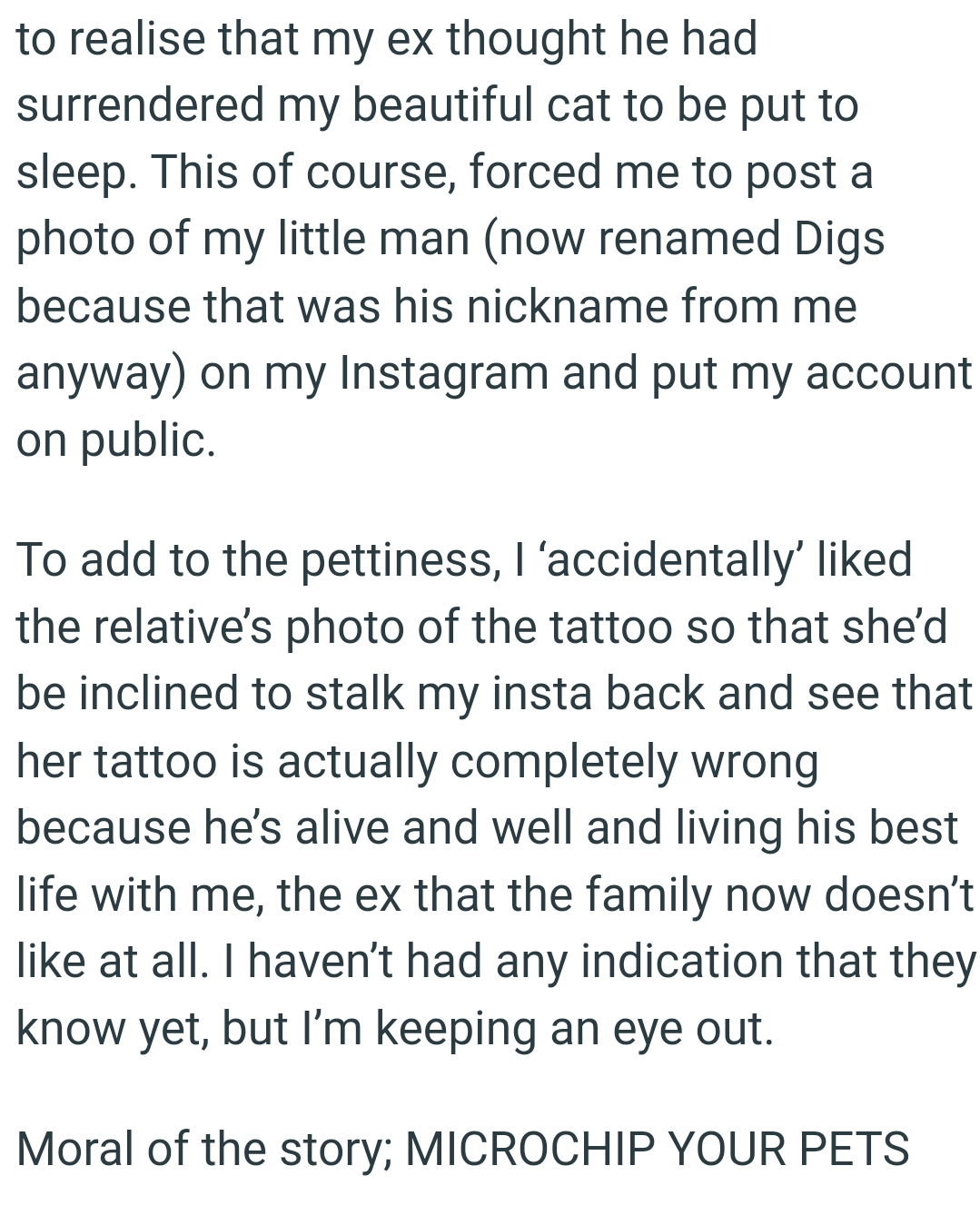
The Dynamics of Abusive Relationships
Abusive relationships often involve complex power dynamics, where one partner exercises control over the other, leading to feelings of helplessness and confusion. Research by the American Psychological Association indicates that victims of abuse can experience a range of psychological effects, including trauma bonding, which complicates the process of leaving an abusive situation. This bond forms due to intermittent reinforcement, where moments of affection or kindness are interspersed with abuse, creating a cycle that can be difficult to break.
In this case, the manipulative behavior of the ex-boyfriend in holding the cat hostage reflects a broader strategy of control that is often seen in abusive relationships. The emotional attachment to the pet adds another layer of complexity, as it not only serves as a tool for manipulation but also intensifies the emotional turmoil experienced by the victim.
Here is OP's cat, Digglebum
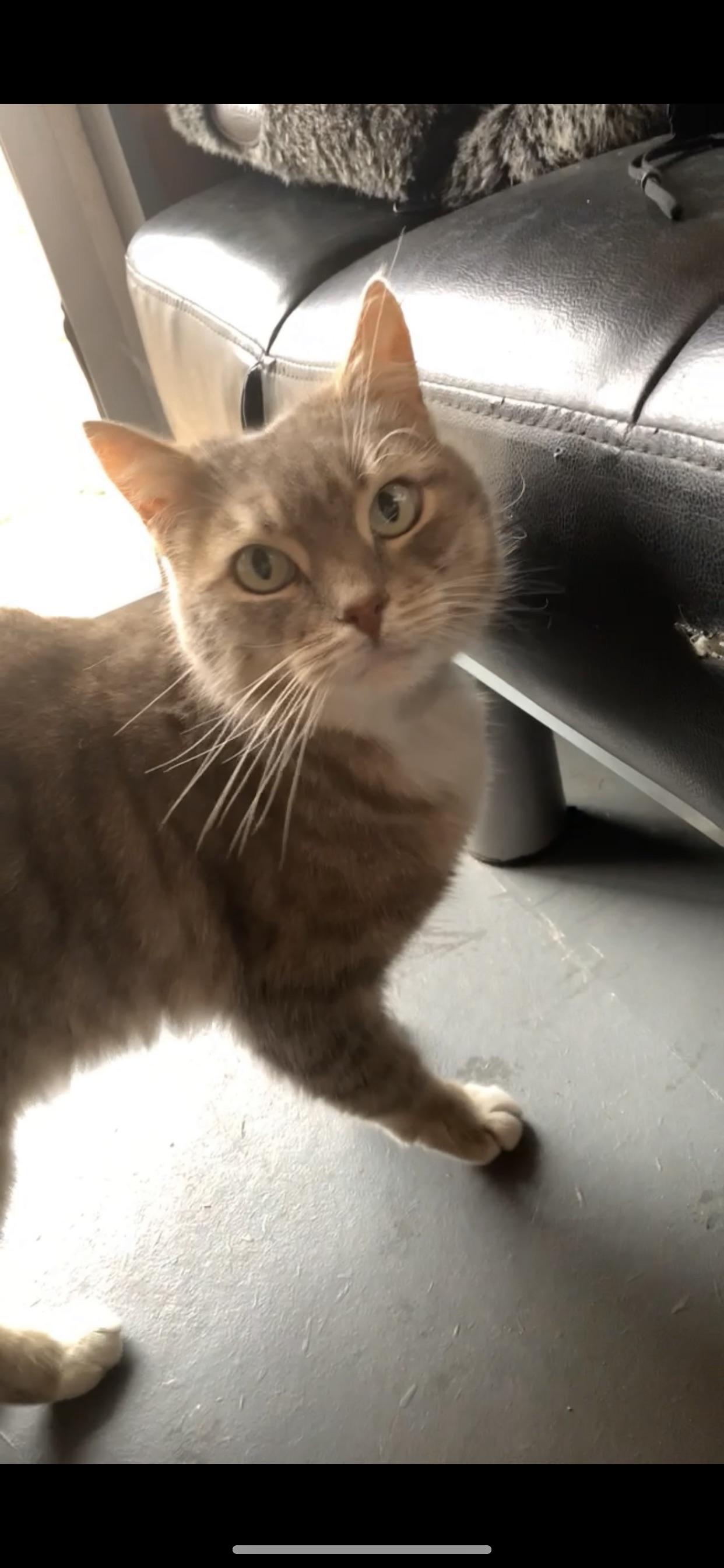
And the comments from other Redditors roll in...

Interestingly, the concept of attachment theory can shed light on why individuals remain in abusive situations. Studies suggest that those with insecure attachment styles may tolerate harmful behaviors in the hope of restoring a sense of connection or love.
Understanding the psychological mechanisms at play can help victims recognize the unhealthy patterns in their relationships, empowering them to seek help.
The OP's in a better place now

This Redditor just wants to reiterate
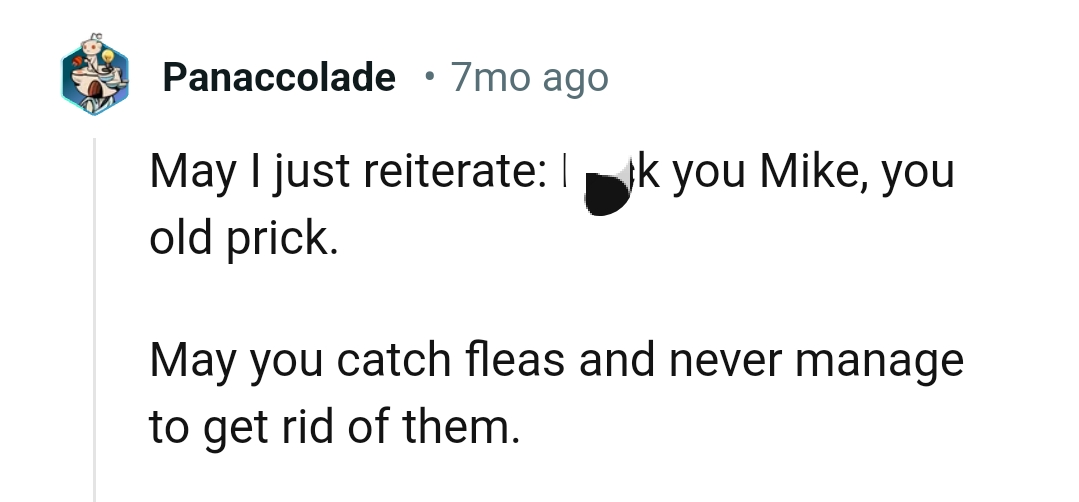
Victims of emotional abuse often struggle with self-esteem and self-worth, as noted in research published in the Journal of Interpersonal Violence. This diminished sense of self can make it challenging for individuals to assert themselves and reclaim their autonomy. In the situation described, the ex-boyfriend's actions may have been intended to reinforce feelings of inadequacy in the woman, making her feel powerless.
Studies show that reclaiming personal agency and establishing boundaries are essential steps in healing from such experiences. The act of microchipping pets, as suggested in the post, reflects a proactive approach to safeguarding one's emotional and physical well-being.
The cat is really adorable

This Redditor wants an update
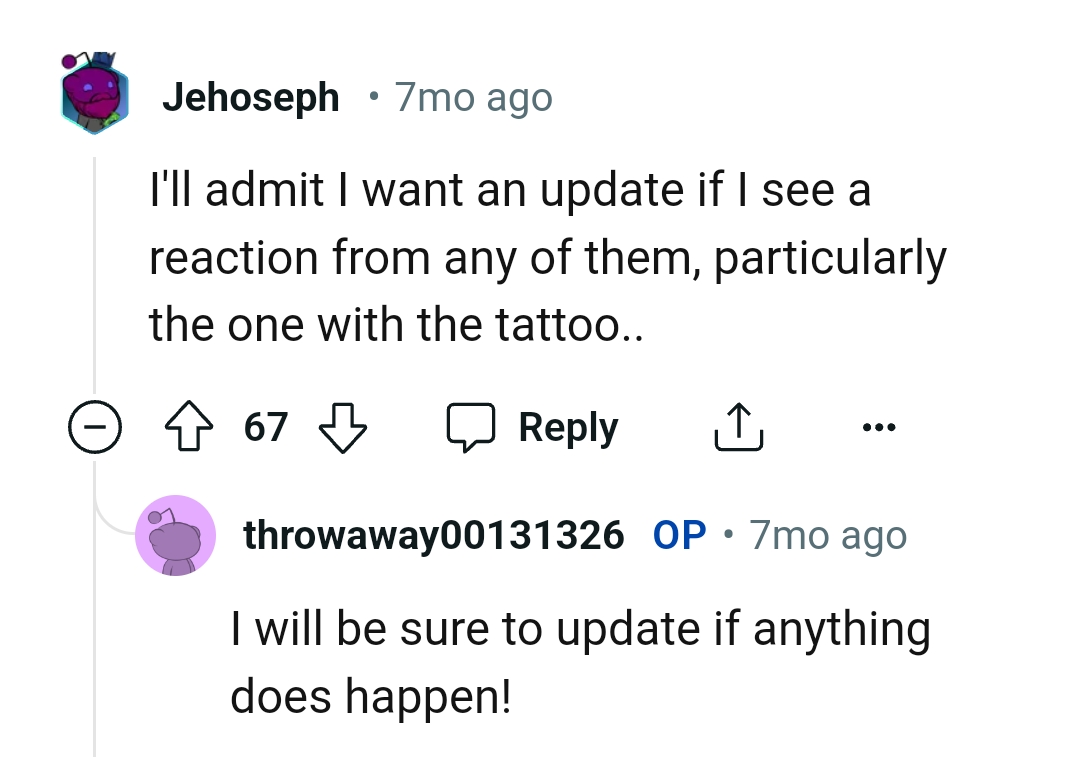
Later on, the OP posted this sad edit
To all of my beautiful Diggle Bum’s new fans. I am absolutely devastated to have to tell you that Digs passed away at home yesterday. It was a shock to me, and I’m absolutely heartbroken, but I find comfort in knowing that I gave him two extra years on this earth and that he was absolutely loved and spoiled the entire time.
The number of people I’ve had tell me he was the best cat they’ve ever met, even before he was gone, is amazing, and I’m honored that he genuinely touched so many people’s lives and that he chose me to be his mumma twice. Rest in peace, my sweet boy. 💔
The cat is a handsome boy

That is very weird

The Importance of Empowerment Strategies
To combat these dynamics, empowerment strategies are crucial. Counseling and support groups can play a vital role in helping individuals regain their sense of self-worth and autonomy.
Research indicates that when victims of abuse engage in therapy that focuses on building self-esteem and self-efficacy, they are more likely to leave abusive relationships and maintain healthier boundaries in future interactions.
Psychological Analysis
This situation illustrates the profound effects of emotional abuse, particularly in how it can manifest through control over a loved one, such as a pet. The path to recovery often involves empowering oneself through practical measures and seeking support from trusted individuals or professionals.
Analysis generated by AI
Analysis & Alternative Approaches
Understanding the psychological impact of abusive relationships is critical for recovery. Research supports the importance of establishing safety, both physically and emotionally, as a foundation for healing. By taking proactive steps, such as microchipping pets and seeking support, individuals can reclaim their lives and move toward healthier relationships.
Psychological Analysis
This account illustrates the lengths to which abusers will go to maintain control, including using pets as leverage. It's crucial for victims to understand that these behaviors are not a reflection of their worth but rather a manifestation of the abuser's need for power.
Recognizing these patterns can be the first step toward breaking free from such toxic dynamics.
Analysis generated by AI
Analysis & Alternative Approaches
The psychological insights into abusive relationships underscore the importance of recognizing unhealthy dynamics and seeking support.
Empowerment through education and mental health resources is vital for individuals to reclaim their autonomy and ensure their safety, fostering healthier future relationships.
Psychological Strategies for Recovery
Recovering from an abusive relationship often requires both psychological and practical strategies. According to Dr. Judith Herman, a leading trauma expert, the process involves three stages: establishing safety, mourning the trauma, and reconnecting with oneself. In this case, the woman's decision to microchip her cat symbolizes a step toward regaining control over her life and ensuring her pet's safety.
Engaging in therapy can also provide a supportive environment for individuals to process their experiences and rebuild their self-esteem. Cognitive-behavioral therapy (CBT), for example, has proven effective in helping individuals reframe negative thoughts and develop healthier coping mechanisms.
Moreover, the practical advice of microchipping pets is also an essential reminder of how abusers can weaponize relationships, including those with animals. By ensuring that pets are microchipped, individuals can protect their beloved animals from being used as leverage in abusive situations, which can be a crucial step in an escape plan.
Educational campaigns that raise awareness about these tactics can empower individuals by informing them of the risks and protective measures available.
Understanding the role of pets in our lives can also provide insight into the emotional struggles faced by those recovering from abusive relationships. Research shows that pets can serve as significant sources of emotional support, often providing comfort and companionship during difficult times. The bond between a person and their pet can help foster resilience and contribute to healing.
Therefore, ensuring the safety of pets becomes not only a practical concern but also an emotional one, as it can significantly impact the well-being of the individual. The woman's determination to microchip her pet reflects a broader understanding of the importance of these bonds in the healing process.
The OP meant it when she said that the cat enjoyed its last few years. The OP revealed in the comments that she went on a cruise with the little man so he had a holiday with family.
Clearly, both the OP and the cat were in a much better place. Share this story with your loved ones to get their own opinions about this story as well.
Empowerment Through Knowledge
Education about the signs of abusive behavior can empower individuals to recognize unhealthy patterns in their relationships. Various organizations, including the National Domestic Violence Hotline, offer resources and information that can help individuals identify red flags in their relationships. This knowledge is crucial for anyone looking to protect themselves and their loved ones.
Furthermore, fostering a supportive community can make a significant difference in recovery. Sharing experiences and information with others who have faced similar situations can create a sense of solidarity and understanding, reinforcing the notion that no one has to face these challenges alone.
Recognizing the Signs of Manipulation
Learning to identify the signs of manipulation is essential for anyone who feels they might be in an abusive situation. Common tactics include gaslighting, where the abuser distorts reality to confuse their partner, and love-bombing, where excessive affection is used to win trust before the manipulation begins.
By becoming aware of these behaviors, individuals can take proactive measures to protect themselves and their loved ones.



